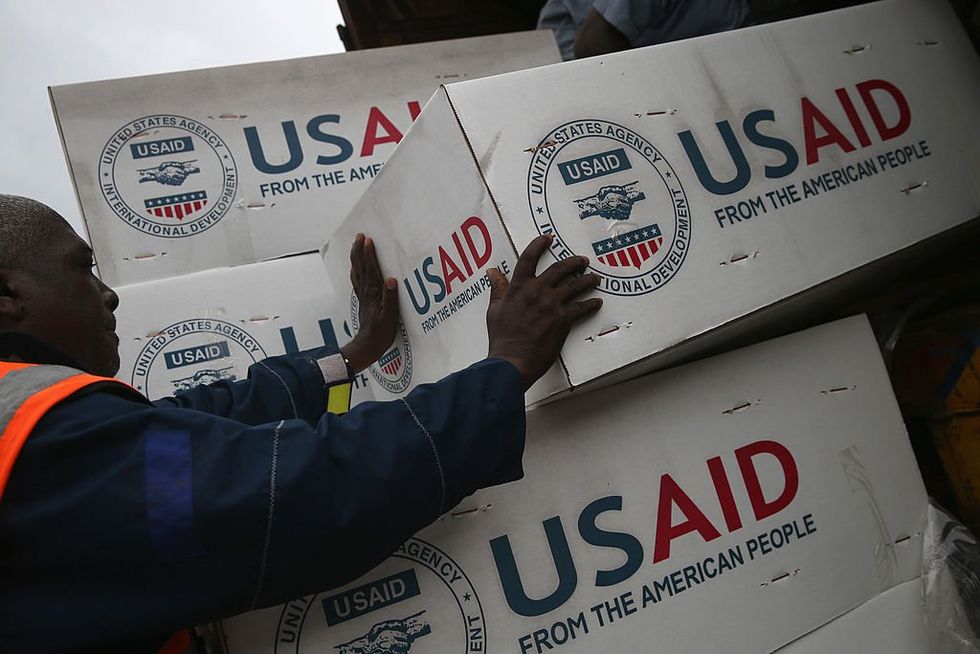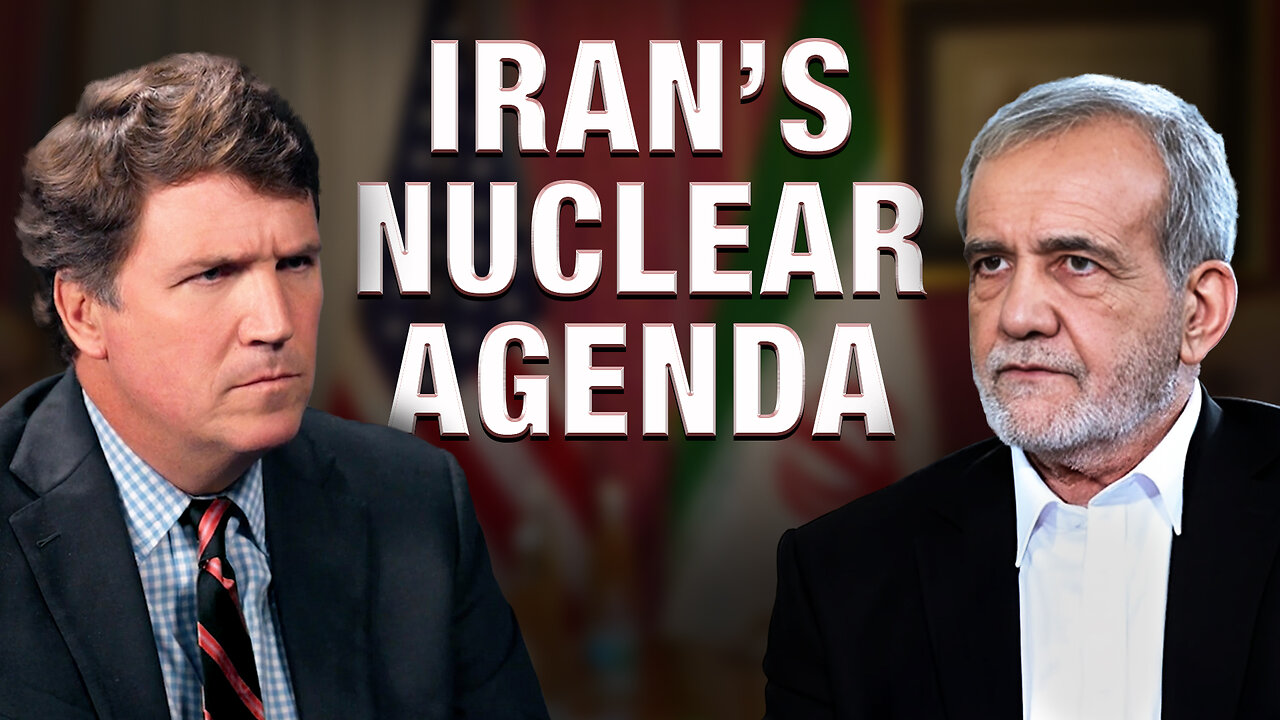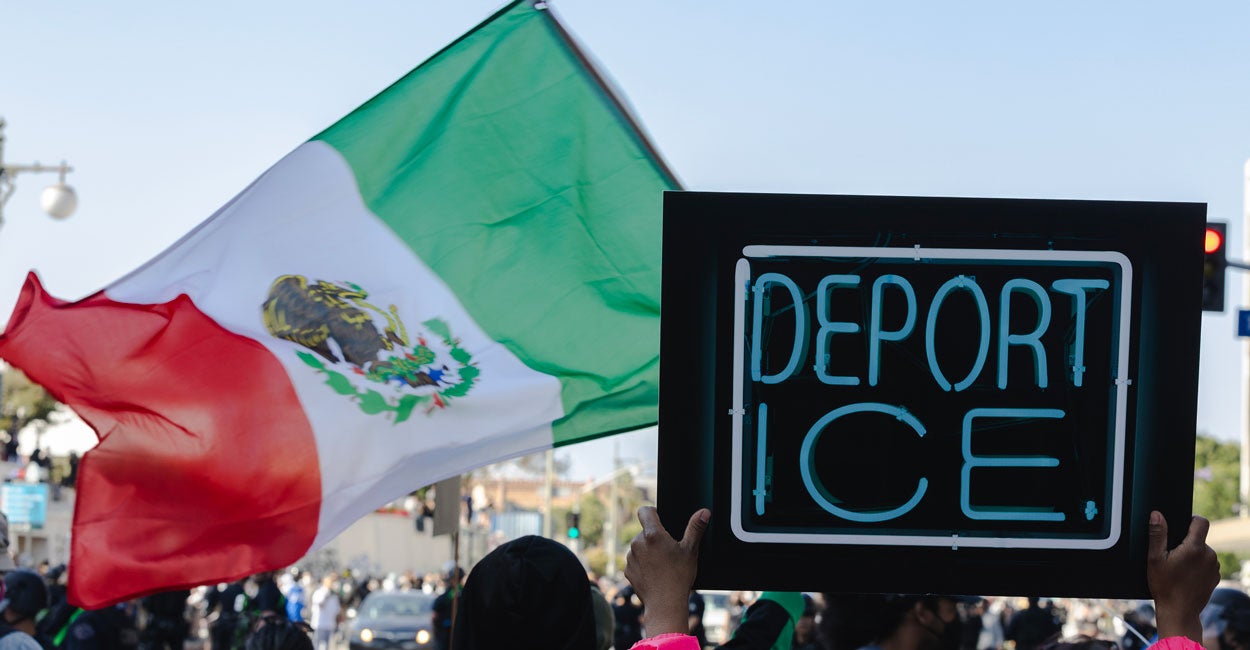Restore biblical justice: Correcting the misleading narrative on foreign aid


Recent discussions surrounding cuts to USAID have prompted an essential question for Christians and citizens alike: What is the proper role of government in distributing aid abroad?
International assistance from the United States government to impoverished nations is often portrayed as an act of justice, such that a failure to administer aid is a failure of America to be a shining city on a hill or a beacon of justice. However, as Christians committed to a biblical understanding of justice and mercy, we must carefully evaluate this premise.
There is nothing unjust about a nation prioritizing its citizens.
International aid is an act of compassion, not justice. The distinction is critical. Justice, by definition, involves giving people what they are owed. Biblically speaking, justice is about fairness, lawfulness, and righteousness in accordance with God’s moral order. It is primarily about righting wrongs, ensuring fair treatment, and maintaining the moral and contractual obligations between individuals and institutions. Mercy, on the other hand, goes beyond what is owed — it is kindness given freely, not something demanded as a right.
For a government, justice is first and foremost about securing the welfare and protection of its own people. Romans 13:1-7 makes clear that government is instituted by God to be a servant for the good of its own citizens, not a global benefactor. When governments use taxpayer dollars to assist foreign nations, they do so out of generosity, not necessity. This does not mean that such aid is inherently wrong or unwise, but it does mean that we must understand it properly. It is also quite possible that the issuing of this aid could serve national and strategic interests. That’s fine, if so, but unless the nation administering aid is rectifying a previous injustice against the nation it is giving aid to, that does not make it a matter of justice.
A government’s first duty is to its own people. The U.S. government derives its authority from the Constitution and the consent of the governed. It exists to serve and protect American citizens. This obligation is a matter of justice. If a government neglects the needs of its own people — whether in infrastructure, defense, economic stability, or domestic welfare — in favor of prioritizing aid to other nations, it fails in its primary duty.
We must be wary of any policy that frames international generosity as a more pressing obligation than the government’s duty to its own citizens.
This does not mean that America should be indifferent to global suffering. On the contrary, Christian compassion calls individuals, churches, and private organizations to respond generously to the needs of the world. The Good Samaritan (Luke 10:25-37) was not a government agent; he was an individual moved by compassion. In the New Testament, the early church took up collections for suffering Christians in other cities, but this was an act of voluntary charity, not a state-mandated policy.
There is a difference between personal and institutional responsibility.
At the same time, governments may find prudential reasons to engage in international aid. It may serve diplomatic or strategic interests, create goodwill, or prevent crises that could later threaten national security. These are valid considerations, but they fall under the realm of prudence, not justice. If aid is extended, it should be done with wisdom, ensuring that it does not foster corruption, dependency, or unintended consequences that worsen the plight of those it seeks to help. Moreover, it should never take precedence over the pressing needs of the nation’s own citizens.
Thus, as we consider international aid policies, we must keep our priorities clear. Christians should advocate for a government that fulfills its biblical role — protecting its own people first while encouraging generosity in ways that do not undermine its primary obligations.
There is nothing unjust about a nation prioritizing its citizens. In fact, failing to do so would be an injustice.
The right way forward is to separate justice from mercy and to ensure that our government does the same. When the government fulfills its just duties, the people — individually and collectively — are then in a better position to extend mercy to the world.
Understanding this distinction is essential as we evaluate aid policies and advocate for a government that operates with biblical clarity and wisdom.
Originally Published at Daily Wire, Daily Signal, or The Blaze
What's Your Reaction?
 Like
0
Like
0
 Dislike
0
Dislike
0
 Love
0
Love
0
 Funny
0
Funny
0
 Angry
0
Angry
0
 Sad
0
Sad
0
 Wow
0
Wow
0









































































